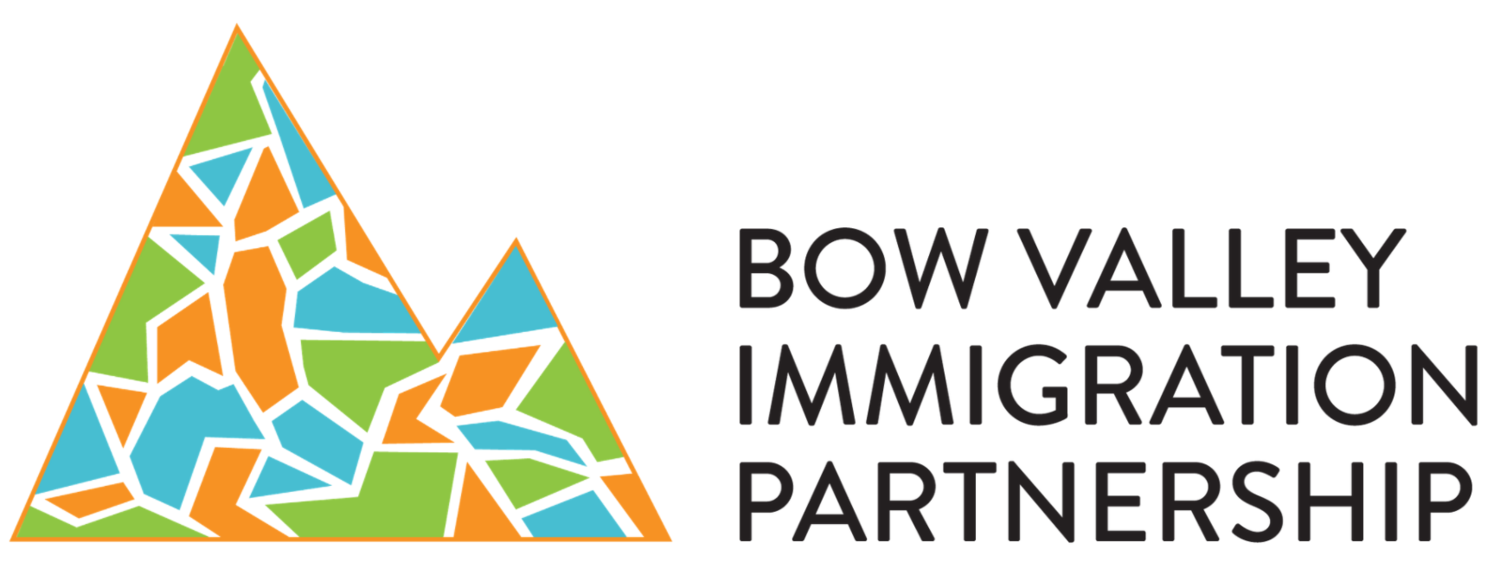Introduction to Elections in Canada
This resource has been republished with thanks to our friends at the London Middlesex Local Immigration Partnership.
Voting is the right of all Canadians
When you become a citizen of Canada, you will have a right and responsibility to vote. This right is protected in the Canadian Charter of Rights and Freedoms. It is a responsibility because all people have a duty to participate in choosing the leaders for their nation. This is how societies develop and governments learn how to run themselves better and more efficiently. This is how we choose the leader of the country, the province or the city.
Voting in Canada happens in secret. This means that you can vote freely for any person running in an election without fear of persecution. In Canada, the police, the military, and government have no right to tell you who to vote for. You cannot be arrested or put in prison for voting in a certain way.
It is important to remember that every vote counts, and as a citizen of Canada, you have the power to vote for the person you think will do the best job. When you vote in Canada, the party with the biggest number (majority) of votes in an election becomes the leading party.
How Government works in Canada
Canada is a large country with 10 provinces, 3 territories and a population of more than 30 million people. Canada has a federal style of government. This means each province or territory has its own government structure that works with the federal government in Ottawa, Ontario. The relationship between the provincial and the federal governments is based on cooperation and understanding.
How Canada became the country it is today
Canada became a country in 1867 when the Queen of England signed the British North America Act. This was a law recognizing Canada as an independent country and giving it a Constitution. A constitution is a set of rules that outlines the structure and principles of the government. These rules describe who has political authority, the clear division of powers between federal and provincial governments, and the limits of governmental power.
Canada is a Constitutional Monarchy which means our Head of State is a hereditary Monarch from the United Kingdom. The head of government is an elected Prime Minister. Government in Canada follows the principles of parliamentary democracy, including giving citizens the right to vote in election; having representatives from all regions; and, voting by secret ballot. The government answers to citizens and can be changed by the people. Citizens have the freedom to participate in political and social activities that build communities and shape the nation.
There are three levels of Government in Canada
Government makes decisions and laws to meet the needs of Canadians. There are three levels of government in Canada. They all use a democratic process in electing their members, as well as in making and managing rules and laws, but they differ in location, size, and responsibilities.
Federal Government - makes laws for the whole country
Provincial Government - makes laws for their own province
Municipal Government - makes bylaws for their own city or town
Each level of government has different responsibilities. Generally, the federal government takes responsibility for issues that affect all of Canada but shares some responsibilities with provincial governments. The provincial and territorial governments look after more regional matters. The municipal governments look after local matters.
To vote in a federal election, you must be:
A Canadian citizen (temporary and permanent residents cannot vote);
At least 18 years of age;
A resident in the electoral district, and
Registered on the Voters List.
What if you can’t vote? There are other ways to participate.
Civic engagement in Canada means getting involved, being heard, and making a difference in public life.
6 ideas to get involved:
If you are not a citizen of Canada, you are not eligible to vote in Canadian elections, however you can still share your opinions and get involved. Here are some ideas for what you could do:
Volunteer your time
Join a local group or community association
Participate in fundraising
Become a board member
Write letters to public officials
Write letters to local newspapers
You can also get involved with the Bow Valley Immigration Partnership (BVIP). We amplify the voices and experiences of immigrants and newcomers. Our members work together to build a more welcoming and inclusive community.


